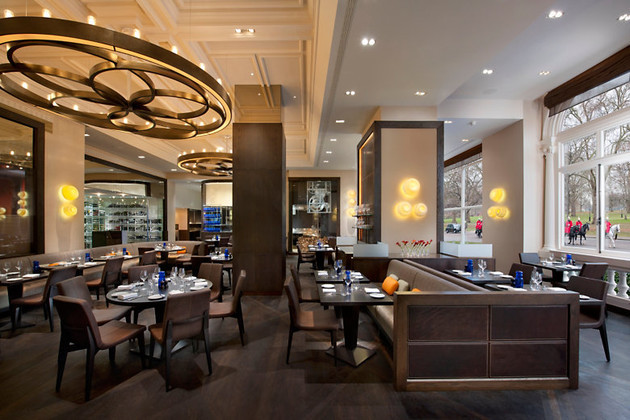
Emphasis on reservations fuels wave of ‘no shows’
The Covid-led fresh emphasis on reservations is hitting the beleaguered on-trade with a wave a ‘no shows’ recorded since the reopening of the industry.
Consumers are putting much more planning into their eating and drinking out since lockdown eased, but 5% of all adults in England have made a table reservation but have failed to turn up, without informing the venue, according to CGA’s new Consumer Pulse survey.
Moreover, another 5% have made a table reservation, only to cancel - so among those who have gone out around one in six has failed to fulfil a reservation, the new research revealed.
The news follows complaints from high profile chefs, including Tom Kerridge, that no-shows are putting a huge dent in restaurants’ trade at a crucial time.
Those who have not turned up for a booking cited “embarrassment about cancelling” and “concerns about safety” as reasons for failing to do so, according to the research, which surveyed 500 adults in England.
In what may come as reassuring news to hospitality operators apprehensive about potentially putting off would-be visitors by charging up-front, the research revealed an acceptance among consumers for mandatory deposits on pre-booking.
Over half (58%) of English adults would be happy to pay a £5 per head deposit when making reservations, a figure that, surprisingly jumps to 78% for those consumers who had admitted to cancelling or not showing up for a reserved booking.
There was a watch out however, in that 19% of the total sample suggested that such a scheme would be off-putting.
The pandemic had triggered a “seismic shift” in consumer behaviour from “spontaneity to planning”, said Rachel Weller, CGA’s head of consumer research and marketing.
This, she added, has positive implications for operators who can provide a smooth booking process and great experience—but “unfortunately it will also increase the number of no-shows”.
“Highlighting the damage this can do to recovering businesses, and convincing people that it is safe to eat out, may ease the problem—but it’s clear that all operators are going to need to adjust quickly to this new era of advance planning and mandatory deposits may just be the solution,” she said.
The survey also showed that only a quarter (28%) of consumers visited venues with no reservations in the 10 days after hospitality reopened on 4 July, with people also appearing to be keeping visits short - the average dwell time in venues came out as little more than an hour (67 minutes).
Overall, a third (34%) of consumers returned to the on-trade in the first 10 days following reopening, with an “increasing inclination” to visit more than a single venue in a trip found.
The latest Coffer Peach Business Tracker data, released last Friday, showed sales across on-trade sites open in England in the first week after lockdown was lifted were down 39.8% compared to the same week last year.




